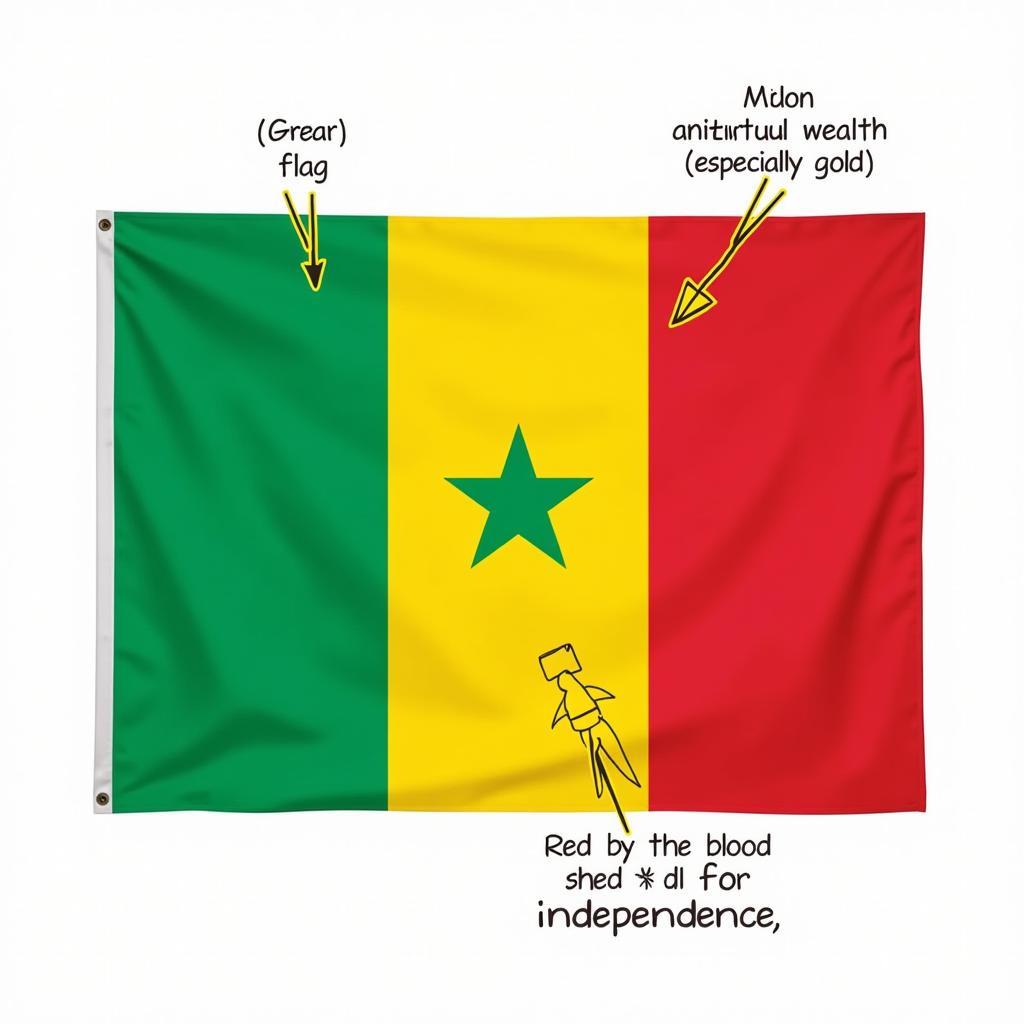The Horrifying Reality of African Elephant Poaching: A Look at the Brutal Trade
The African elephant, an iconic symbol of strength and majesty, is facing a terrifying reality. Poaching, fueled by the insatiable demand for ivory, has decimated elephant populations across the continent, leaving behind a trail of devastation and horror. This article delves into the brutal reality of African elephant poaching, exploring its devastating impact on ecosystems, communities, and the future of these magnificent creatures.
The Grim Statistics of African Elephant Poaching
The International Union for Conservation of Nature (IUCN) estimates that the African elephant population has declined by over 60% in the past 50 years. This alarming trend is largely attributed to poaching for ivory, with an estimated 20,000 African elephants killed each year for their tusks. This relentless slaughter is pushing several elephant populations towards the brink of extinction, with the African Forest Elephant being classified as critically endangered.
The Devastating Impact of Elephant Poaching on Ecosystems
The disappearance of elephants from African ecosystems has ripple effects that can be felt throughout the food chain. Elephants are keystone species, playing a vital role in maintaining the health and biodiversity of their habitats. They create clearings in forests, allowing sunlight to reach the forest floor and promote the growth of new plants. They also disperse seeds, creating diverse plant communities.
Dr. Jane Goodall, renowned primatologist and conservationist, emphasizes the vital role of elephants in the ecosystem: “The disappearance of elephants is a silent tragedy unfolding before our very eyes. Their loss disrupts the delicate balance of nature and undermines the well-being of countless other species that rely on the ecosystem they help maintain.”
The Human Cost of Elephant Poaching
The human cost of elephant poaching is profound. Many local communities rely on elephants for tourism, which provides livelihoods and supports local economies. The decline in elephant populations has led to a reduction in tourism revenue, impacting the lives of countless families. Poachers often operate in remote and often impoverished regions, using brutal and illegal methods to kill elephants, and creating a climate of fear and uncertainty.
The Global Ivory Trade: A Cycle of Demand and Destruction
The demand for ivory is a primary driver of elephant poaching. Ivory is often used in the production of luxury goods, ornaments, and traditional medicine. The illegal ivory trade is a lucrative and complex business, with organized criminal networks operating across borders. This trade thrives on the demand for ivory, perpetuating a cycle of destruction that threatens the very survival of elephants.
A conservation expert, Mr. Peter O’Brien, highlights the complex nature of the problem: “Poaching is not just about the elephants; it’s about the greed that fuels the ivory trade. It’s a global problem that requires coordinated efforts from governments, conservation organizations, and communities to dismantle criminal networks and address the demand for ivory.”
The Fight for Survival: Conservation Efforts and Hope
The fight to save elephants from the threat of poaching is multifaceted, encompassing a range of efforts aimed at reducing demand, strengthening law enforcement, and providing alternative livelihoods for communities.
- Anti-poaching patrols and law enforcement: Increased vigilance and patrols in elephant habitats are essential for deterring poachers and bringing them to justice.
- Community-based conservation: Engaging local communities in conservation efforts is crucial for protecting elephants. This includes providing alternative livelihoods, education, and awareness programs.
- International cooperation: Collaborative efforts between governments, conservation organizations, and international bodies are essential to combat the illegal ivory trade and protect elephant populations.
The fight for elephant survival is ongoing, but there is reason for hope. Through a combined effort of conservationists, governments, and local communities, we can turn the tide against poaching and secure a brighter future for African elephants.
FAQ
What is being done to combat elephant poaching?
A variety of conservation efforts are underway, including anti-poaching patrols, community-based conservation programs, and international cooperation to crack down on the illegal ivory trade.
What is the future for African elephants?
The future of African elephants depends on our collective commitment to conservation. Continued efforts to reduce demand for ivory, strengthen law enforcement, and promote sustainable livelihoods will be crucial to protect these majestic creatures.
How can I help?
You can support conservation efforts by educating yourself about the issue, supporting organizations working to protect elephants, and refusing to purchase ivory products.
[shortcode-1]african-elephant-poaching-patrol-image|Anti-poaching patrol in the African savanna|A team of rangers patrolling the savanna, vigilant for signs of poaching activity. The image highlights the dedication of these individuals in protecting elephants. The rangers are equipped with modern technology and working closely with local communities to combat poaching.
[shortcode-2]ivory-trade-bust-image|Ivory seizure at a border crossing|Authorities confiscating a large shipment of illegal ivory at a border crossing, symbolizing the ongoing struggle against the ivory trade. This image underscores the importance of international cooperation in combating this illicit business.
[shortcode-3]african-elephant-family-image|African Elephant family in their natural habitat|A family of African elephants grazing peacefully in their natural habitat, representing the beauty and importance of protecting these magnificent creatures.
Contact Us:
If you wish to help protect African elephants and contribute to conservation efforts, please contact us at +255768904061, kaka.mag@gmail.com or visit us at Mbarali DC Mawindi, Kangaga, Tanzania. We are here to answer your questions and provide support.

